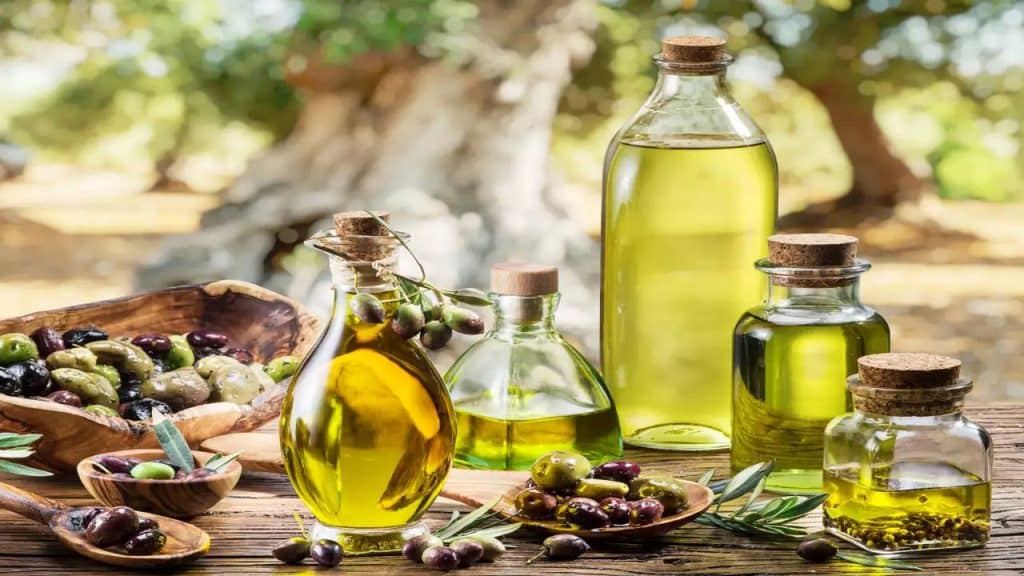The Mediterranean diet is often feted as one of the healthiest options out there, and olive oil is a big part of that. Can this one ingredient really have such magical properties? How does it compare to other kinds of fat? And is there any reason to be wary? Let’s take a deeper look (https://longevity.technology/lifestyle/olive-oil-nutrition-benefits-uses-types-side-effects/).
Olive trees grow particularly well around the Mediterranean, and we have records of the Ancient Greeks and Romans pressing the fruits into oil. It wouldn’t just be used in cooking or as a dressing but would also have a place in religious rituals and in traditional medicine (it’s still considered an anti-inflammatory). Today, Spain, Italy, Greece, Tunisia and Morocco are among the biggest producers of olive oil, although it can also be found in Australia and the Americas.
Oleic acid (which makes up more than half, and sometimes as much as 83%, of olive oil) is known for being high in monounsaturated fat. That’s the good stuff, the kind that lowers your bad cholesterol but keeps the cholesterol that you do want. That means it’s good for your cardiovascular health more broadly. Olive oil is also rich in vitamin E, vitamin K, polyphenols and various other welcome antioxidants.
Some oils, like corn or canola, can be higher in potentially inflammatory polyunsaturated fats. They also need to go through more processing and refinement, sometimes picking up less welcome additives. Olive oil is traditionally cold-pressed, retaining many of the traditional harvesting and processing techniques. Extra-virgin oil is the highest quality, with virgin olive oil just behind it. Other kinds may be lower grade and less nutritious.
Olive oil is better for your cardiovascular health than butter, but it also has other advantages. It’s vegan and dairy-free, meaning most of you with allergies or other dietary restrictions will still be able to use it, and you won’t have to worry as much about the environmental impact of livestock agriculture. There are olive oil allergies, but they’re rare.
Other potential concerns include the high calorie count and breaking down into harmful toxins during particularly high-temperature cooking. Oils with a higher smoke point, like canola, may be better at higher heats.
Those are pretty low risks. Choose a high-quality olive oil, store it somewhere cool and dark, and see if you can experience its benefits for yourself.




